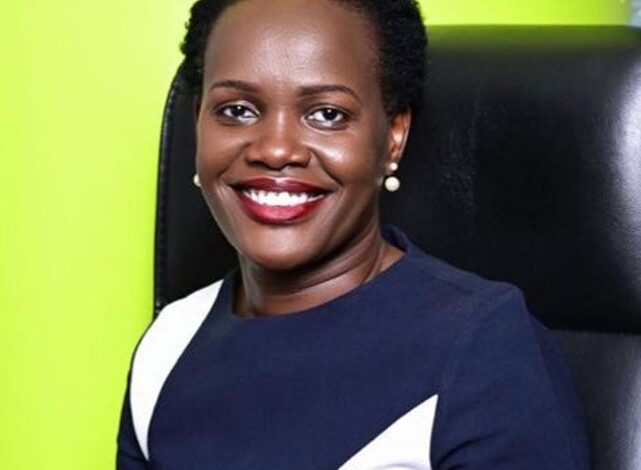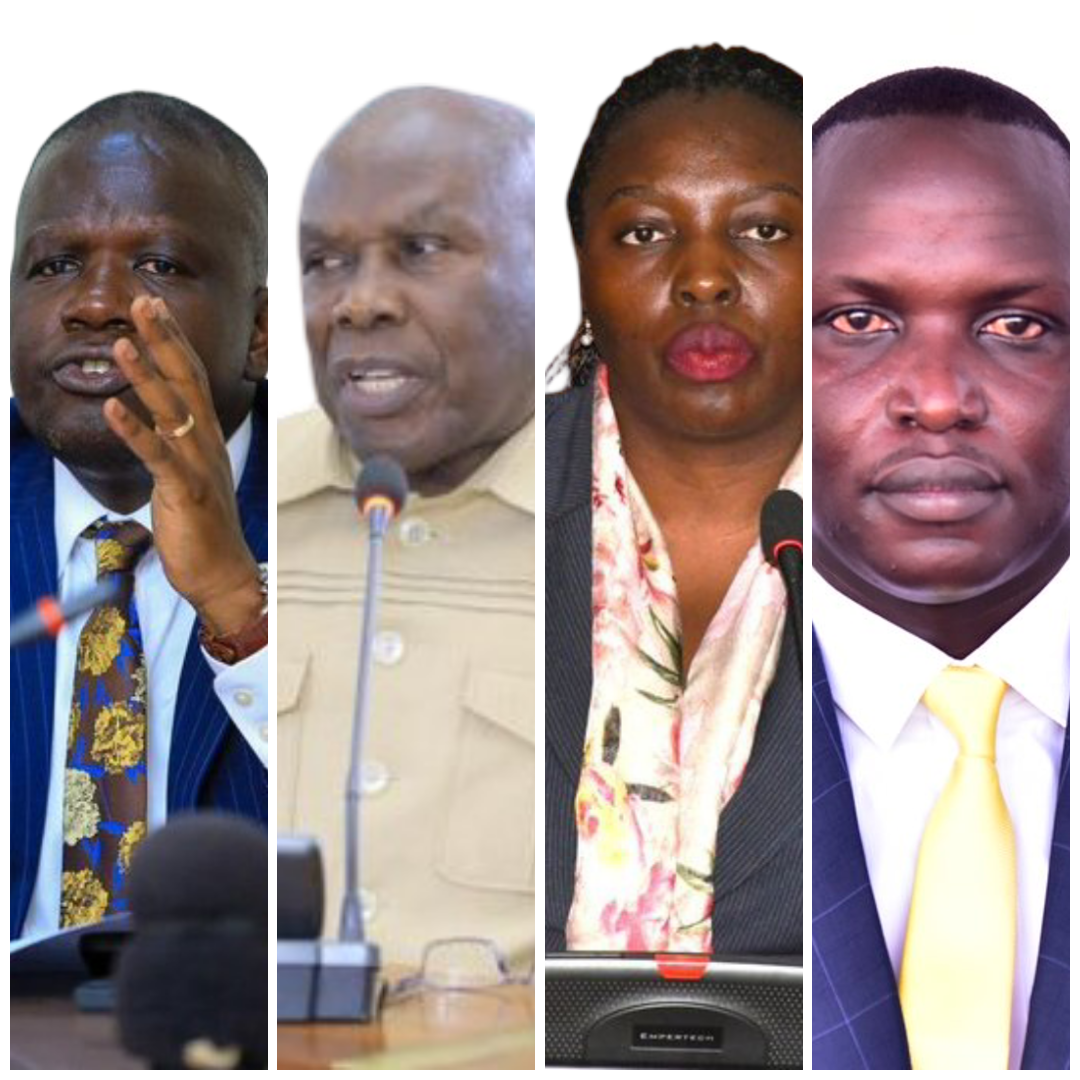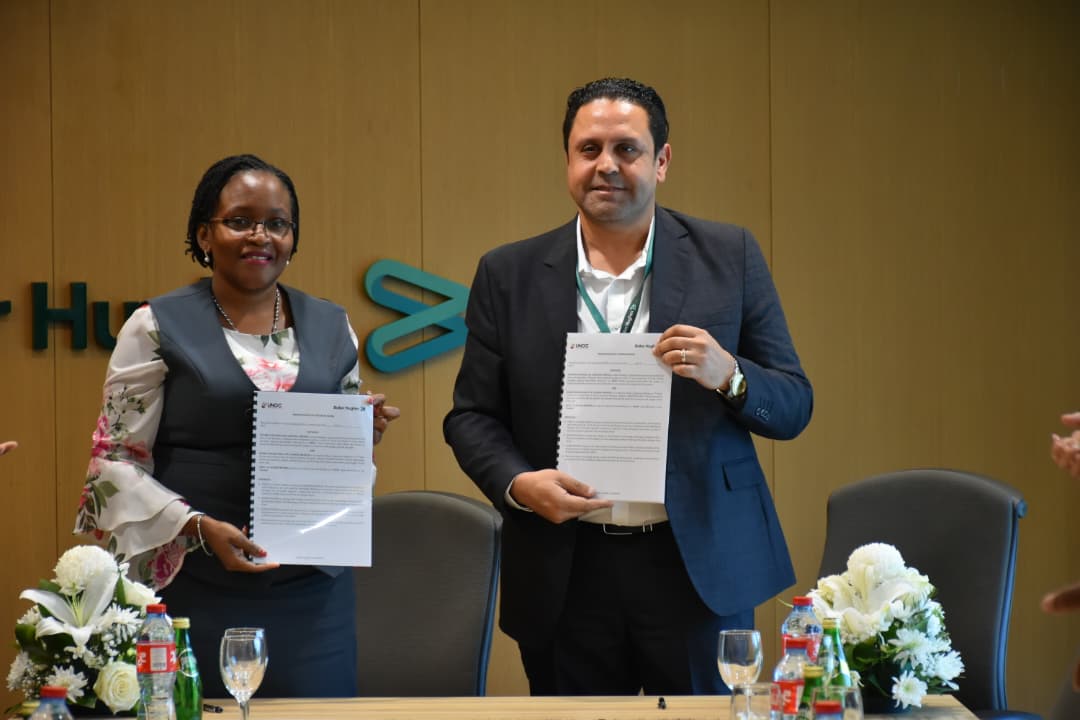Uganda Development Bank promises more in next financial year
In the 2023/24 budget, the Minister of Finance Matia Kasaija, allocated Shs85 billion to UDB to boost economic activities in the new financial year.

Uganda Development Bank (UDB) has promised to scale up its interventions with the 2023/23 national budget allocation to them.
In the 2023/24 budget, the Minister of Finance Matia Kasaija, allocated Shs85 billion to UDB to boost economic activities in the new financial year.
The government bank has been specifically asked to target medium and large enterprises.
Patricia Ojangole, the Managing Director of UDB reveals that the total UDB capitalization from the government is Shs1.22 trillion.
She said this is set to grow with the additional allocation for Financial Year 2023/24.
He added that Uganda is on a steady recovery trajectory exhibiting better and improving performance on several macroeconomic indicators.
“As the country’s national development finance institution with the mandate to catalyze Uganda’s socio- economic development, these economic gains require that we scale up our interventions that aim to boost a vibrant and sustainable private sector,” he said.
In the 2022/23 budget, the bank was allocated Shs103 billion which, buffered with resources from funding partners, facilitated exponential support to private enterprises resultantly posting a 52% increase in the gross loan portfolio, reaching Shs1,298 billion by December 2022 from Shs851 Billion in December 2021.
Ojangole said such growth was on account of disbursements amounting to shs776.6 billion in 2022.
“This growth is largely attributed to increased funding, primarily through capital allocations from the Government and the utilization of credit lines from our funding partners, that enables the bank to disburse credit. The Bank’s gross loan portfolio as of April 2023 is Shs1.384 trillion,”
Uganda Development Bank Limited (UDB) is the country’s national Development Finance Institution (DFI) with a mandate to accelerate socio-economic development in Uganda through sustainable financial interventions.
Consistent with this mandate, the Bank supports projects within the private sector that demonstrate the potential to deliver high socio-economic value, in terms of job creation, improved production output, tax contribution and foreign exchange generation, among other outcomes







